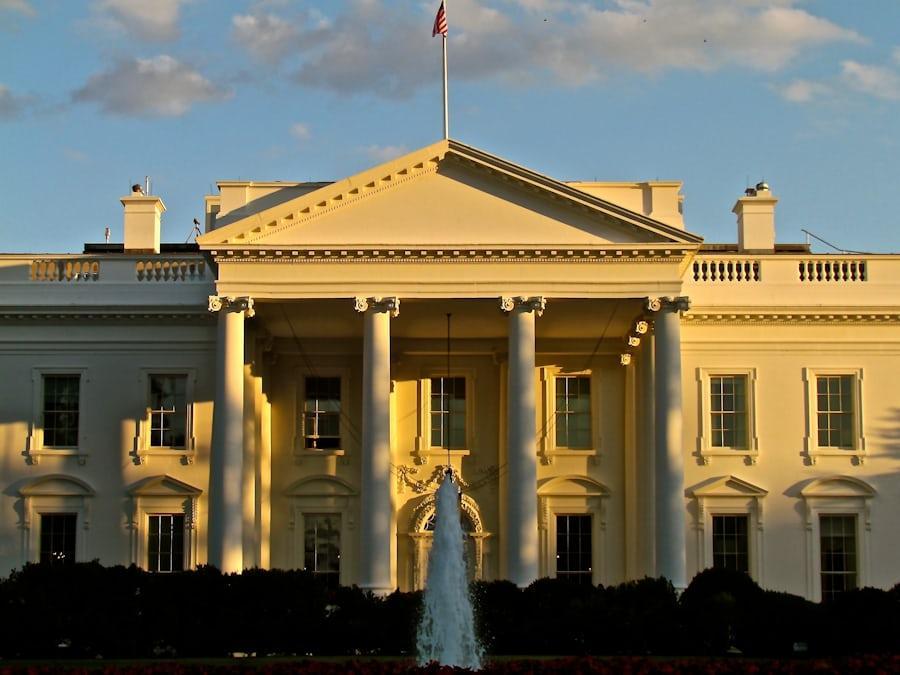If we needed any more evidence about the progress of the cryptocurrency sector, look no further than its growing recognition and acceptance in political circles. A few decades ago, the mainstream political world either ignored cryptocurrency or didn’t know what to do with it.
Now, we are seeing world governments develop their own cryptos, crypto laws being passed, and the notable interest in crypto by the current US Presidential administration. As the situation unravels, we’re becoming more aware of the intricacies of politicians’ and other public figures’ engagement with the asset class.
David Sacks’s Position on Crypto
Not only is it more evident that many political figures are backing crypto within the public arena, but many also have private interests in these assets. A look at current news stories will show that more politicians are investing in crypto on various levels ( source: https://cryptonews.com/jp/news/). One of the latest developments comes from David Sacks, the crypto and AI czar appointed by current US President Donald Trump.
The first person to hold the position, it’s been revealed, had a financial interest in various crypto companies even before the inauguration. Per reports, both Sacks and his investment firm Craft Ventures have offloaded about $200 million worth of assets with links to the crypto world ever since Trump took office.
As per a memo from the Office of Government Ethics, Sacks personally invested about $85 million in various companies, including Coinbase and Robinhood, as well as holding Bitcoin, Ethereum, and Solana tokens. He also held the position of a limited partner in various crypto VC firms, including Multicoin Capital and Blockchain Capital.
In a bid to offer transparency and avoid conflict of interests, Sacks went out of his way to sell off all his crypto holdings, which was confirmed in a post to Twitter earlier this month.
“I sold all my cryptocurrency (including BTC, ETH, and SOL) before the start of the administration,” he said.
It is also worth noting that this divestment from cryptocurrency helps to protect both Sacks and the Trump administration from criticism. Trump had positioned himself as the pro-crypto candidate during the 2024 US Presidential elections and fought to secure the support of the industry. Now that he is back in office, all eyes are on him from both crypto lovers and crypto critics.
For example, his approval of a strategic Bitcoin reserve was heavily criticized by some as a poor move. On top of this, some believe that Trump and his inner circle are only out to profit from crypto for themselves. However, Cameron Winklevoss, who endorsed Trump in the 2024 elections, came out to note that Sacks had fully divested from cryptocurrency and, thus, was not engaging in shady activities.
“He is doing tremendous work and will not be sharing in any of the economic upside to avoid even the slightest appearance of a conflict,” Winklevoss said.
It also comes only a few months after the whole debacle with the Trump and Melania coins. Trump already released bitcoin-themed merch back in 2024 but earlier this year, went further by releasing his own official meme coin, along with his wife. While the token initially saw massive market gains, it eventually stuttered and lost much of its market value. This led some critics to say that Trump had scammed his followers and was taking advantage of them.
Given that he’s already facing this criticism, publicizing his divestment from the crypto industry acts as a shield for Sacks. On a wider level, there is a lot more discussion about the engagement of public figures in the crypto market.
A decade ago, this would have been a non-existent conversation because many public officials were not engaging with cryptocurrency, whether as public or private citizens. Now that there is a pro-crypto president in the White House and the stakes of the crypto industry’s success are higher than ever, this is a discussion that needs to be had. Recently, a bill was pushed forward that would ban public office holders from releasing their own cryptocurrencies.
In the wake of the Trump coin disaster, it was framed as a way of protecting consumers from potentially predatory public figures. Laws already exist that restrict the ways by which public office holders may engage with the stock market, and as many see it, crypto should be treated the same way. After all, cryptos are getting spot ETFs, being added to pension funds backed by the state, and have even been developed by the state itself. As such, many argue that public figures need the same level of oversight when dealing with them.
What We Can Expect Moving Forward
While the Trump administration and its treatment of crypto has inspired some criticism, it is setting the scene for the next few years. First, there is now the precedent of public office holders, especially those who have any dealings with the crypto sector, declaring their holdings within crypto as they would with other asset classes. This not only promotes public accountability but helps to legitimize the crypto space. It is going to face a lot of criticism even as it continues to grow, and so, transparency from public office holders will go a long way in nurturing some goodwill.
Given its commitment to the industry so far, we can expect the Trump administration to continue to push the crypto agenda. The White House recently held its first crypto summit, and while it has gotten mixed responses from the industry, it appears to be the first of many to come. Other developments we can look forward to in the coming years include more spot ETFs. Solana, Dogecoin, Avalanche, and other tokens are currently on the ballot to get spot ETFs, and if they are approved, the industry will see a renewed wave of interest and Investment.
Then, there is the regulatory aspect. The law banning politicians from releasing meme coins is simply the tip of the iceberg, as there will be greater interest in keeping the crypto industry on the straight and narrow. Crypto has always been looked at with suspicion, but when states are putting tokens in their pension funds and high-ranking White House officials are dealing with the industry, things need to be as transparent as possible.
This might cause some controversy within the Securities and Exchange Commission because while there is considerably more pro-crypto today than there was even last year, some critics believe the Trump administration, via the current acting chair, will be too soft on the industry.
Conclusion
Even as individual investors are watching the growth of the crypto industry in real time, public officials are having to navigate the complexities of investing in it as well as regulating it. David Sacks’s divestment from cryptocurrency sets a precedent for future crypto and AI czars to be transparent about their dealings and avoid conflicts of interest.
This is one example of the many ways that cryptocurrency will continue to find itself within the upper echelon of the political scene, and while it will require some adjustment in written laws and actual practices, it is a sign of good things to come.




